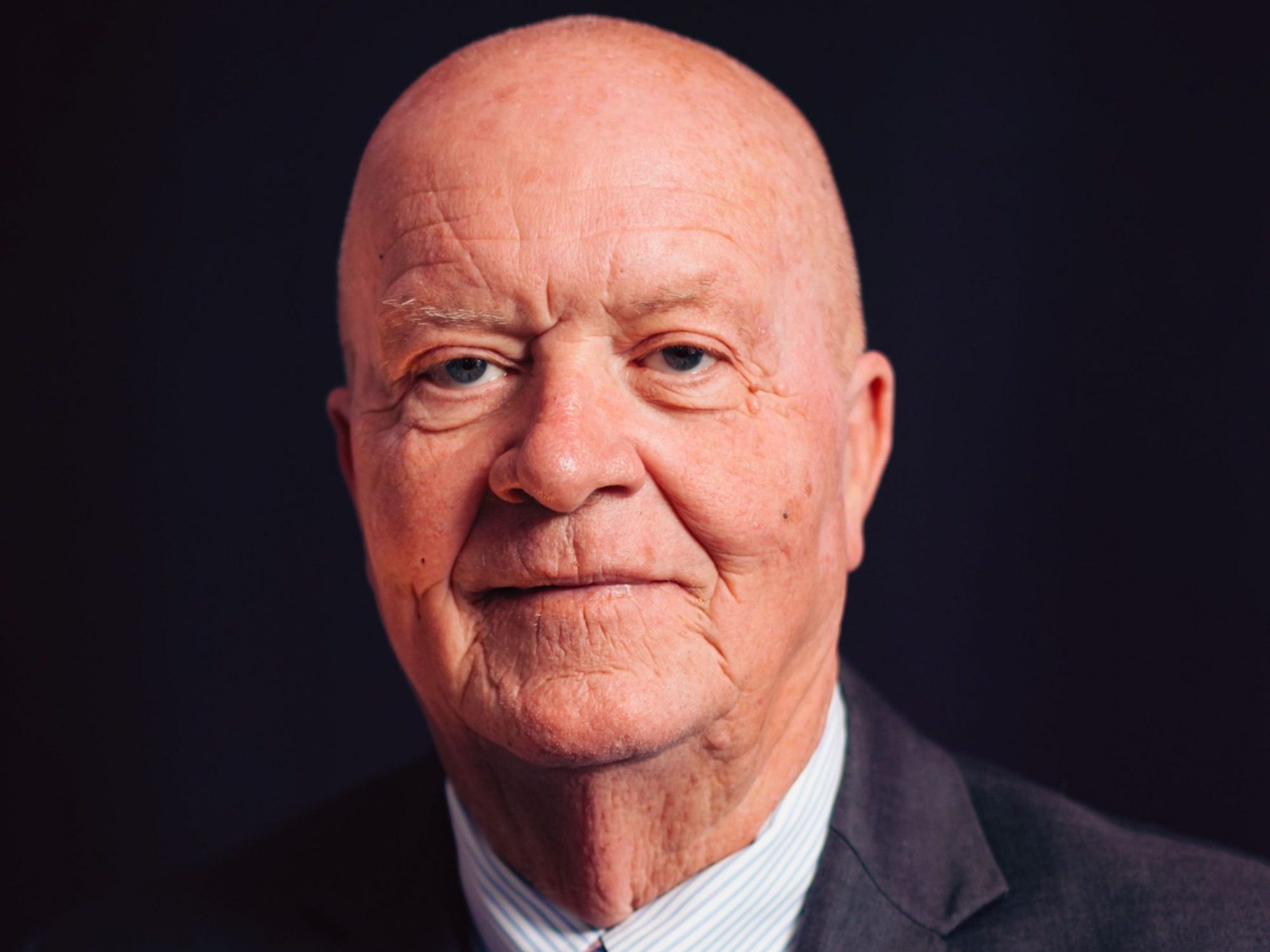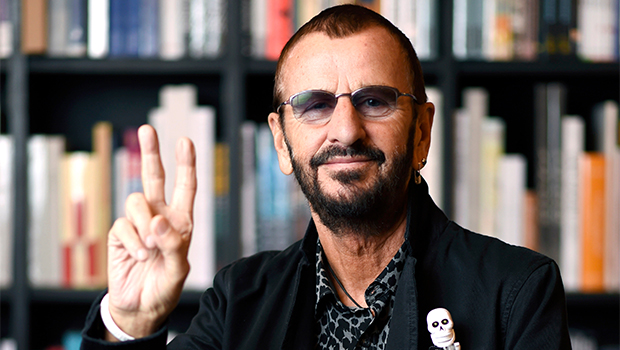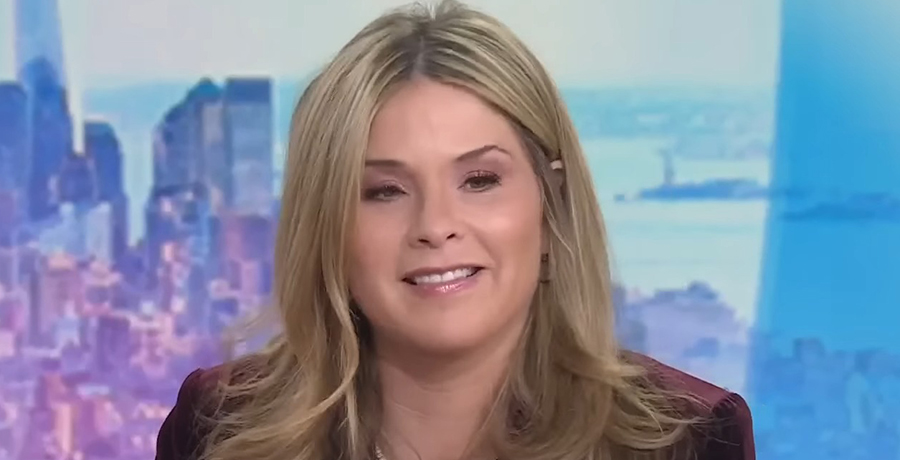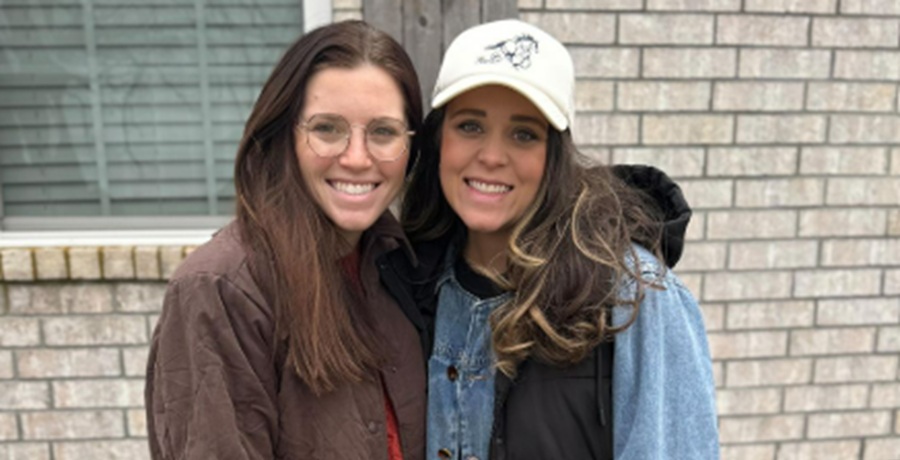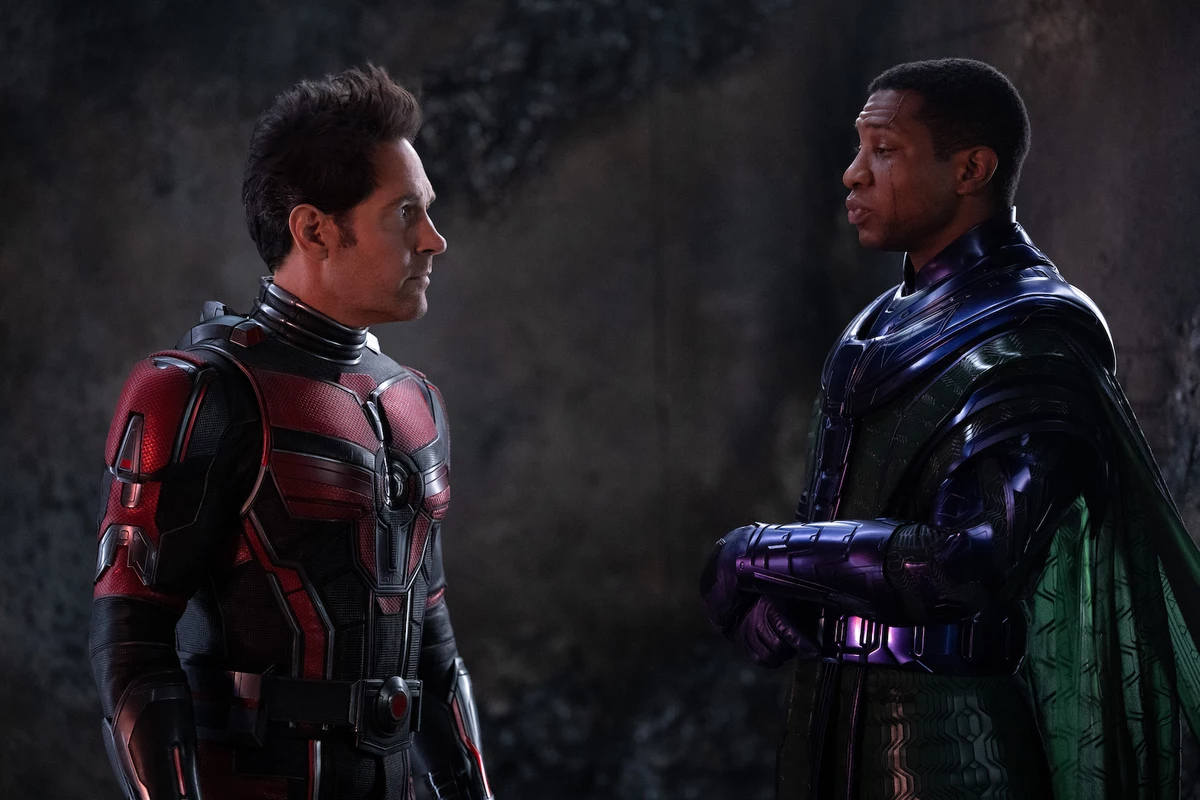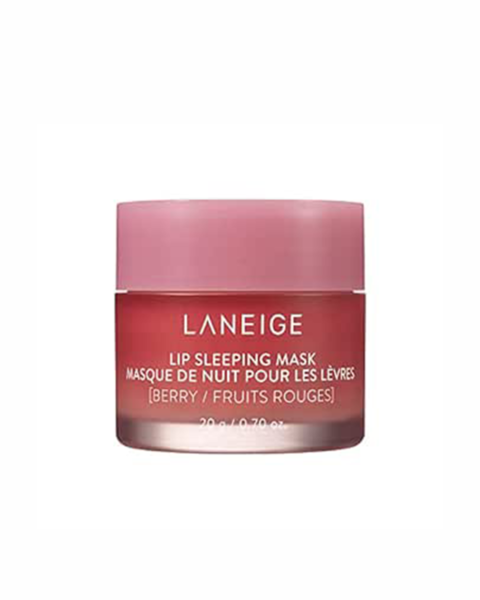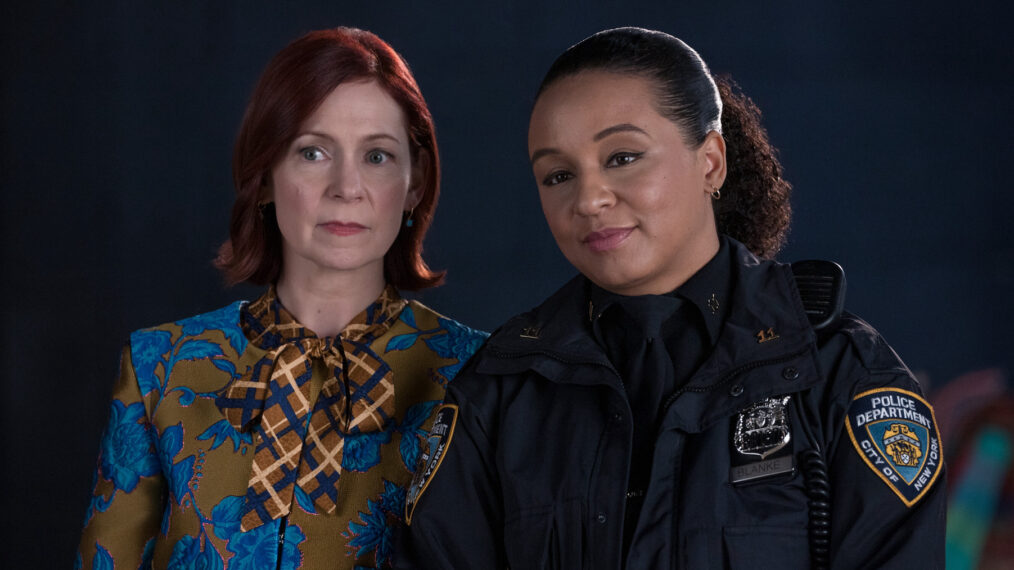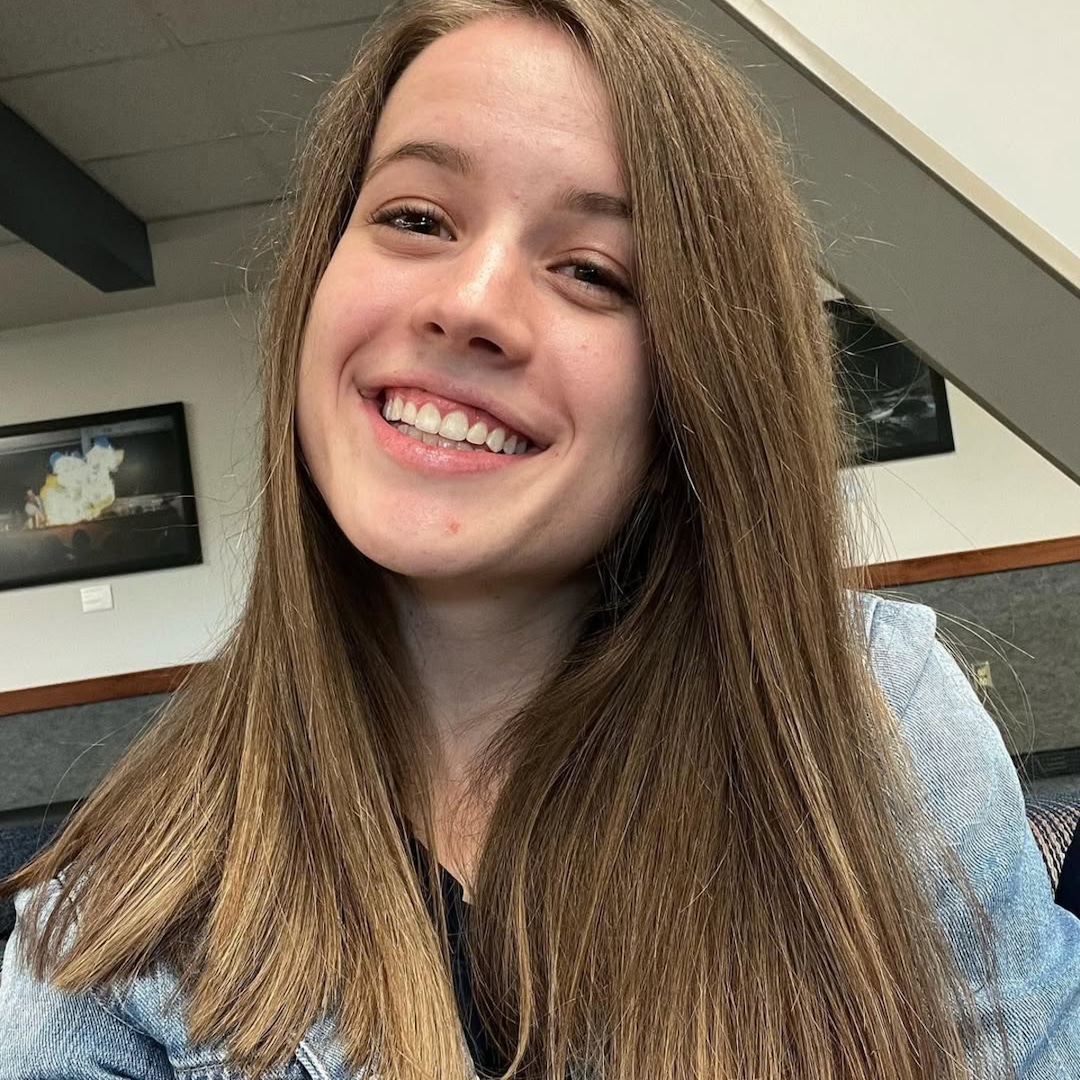
Phyllis Nagy knew it was coming. When the director was initially doing press for her new film Call Jane last January, during the Sundance Film Festival, she had a good sense that a looming Supreme Court decision would be bad news for American reproductive justice.
“If you were in a sort of political activist space at all regarding women’s rights, you did know that something not very good was coming of that decision,” she tells Consequence on the eve of the film’s release. “What we didn’t know — what I certainly didn’t know was the violence with which it would be dispatched and the number of states that moved to implement already draconian reproductive rights laws. So this did send me reeling, and probably a whole lot of other people who worked on this, too.”
Call Jane is a period piece that is depressingly of the moment, as it focuses on a somewhat fictionalized version of the Jane Collective, an underground organization that helped women get abortions in the Chicago area in the years when it was still illegal. Starring Elizabeth Banks, Wunmi Mosaku, and Sigourney Weaver, the drama ends just as the Roe v. Wade decision comes down — hope for the future.
Even though Nagy, a playwright whose previous credits include the screenplay for Carol was prepared for Roe’s repeal, it didn’t help the impact of the news, unfortunately. “You can expect something all you like, and then when it happens, it’s still a gut punch,” she says. “For a little while, for a day or two I was like, ‘What do we have to do? Not as a filmmaker, just as a woman.’”
Then, she says, “when that initial wave of futility passed, I thought, ‘Well, wait a minute. I have a film coming out that could help with this conversation.’ And so I think that’s what I hope [Call Jane] will do. Exactly that, open up this conversation in a non-judgmental way, about something that’s a perfectly normal part of women’s life and health care.”
Along those lines: One of the most noteworthy parts of Call Jane is a lengthy and detailed sequence in which Banks’s character receives an abortion, with the doctor (Cory Michael Smith) explaining the procedure as he goes. Nagy has observed that “we get some people who have to leave the theater because they find it graphic, which is interesting. Because it’s not, but it is something you’ve never seen on film before. And in that way, it is emotionally graphic. It’s from her point of view, you are experiencing what she is experiencing.”






